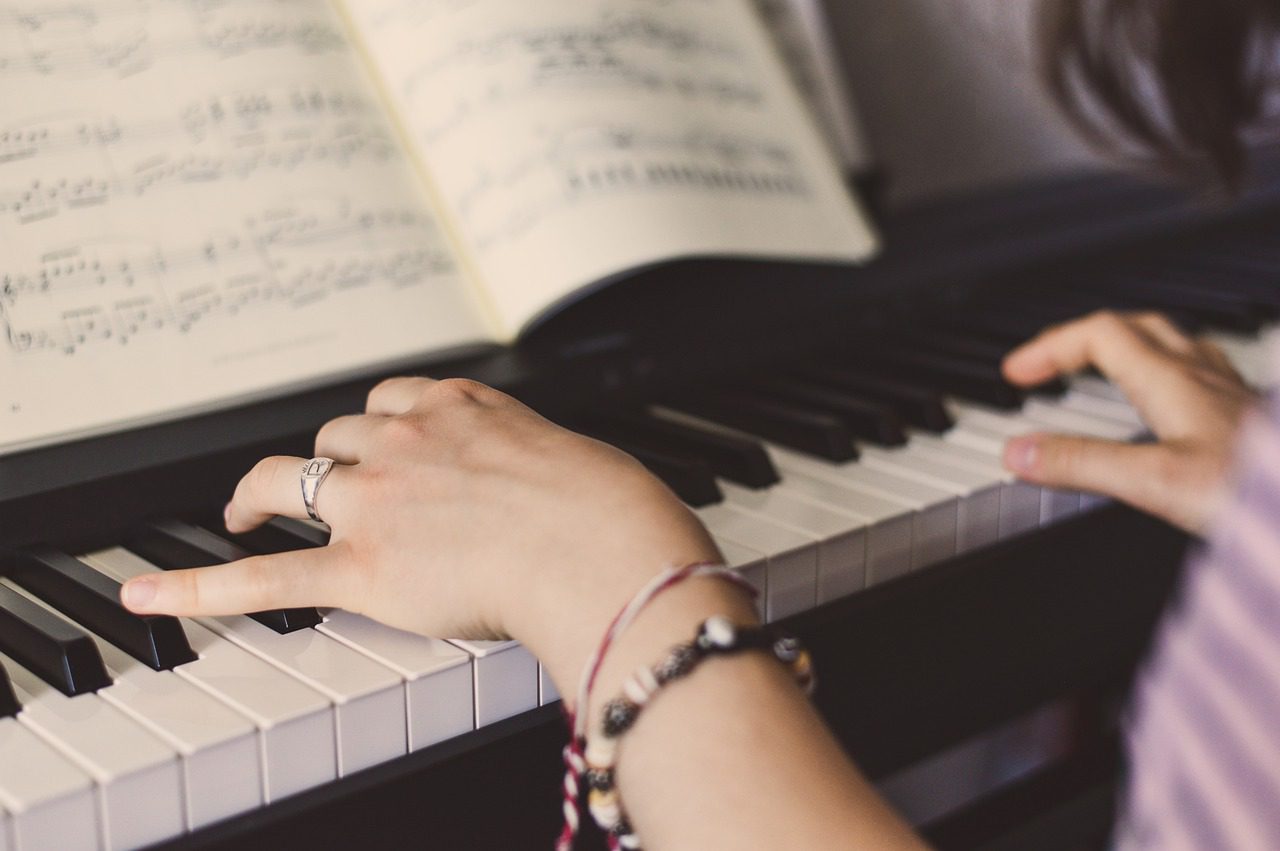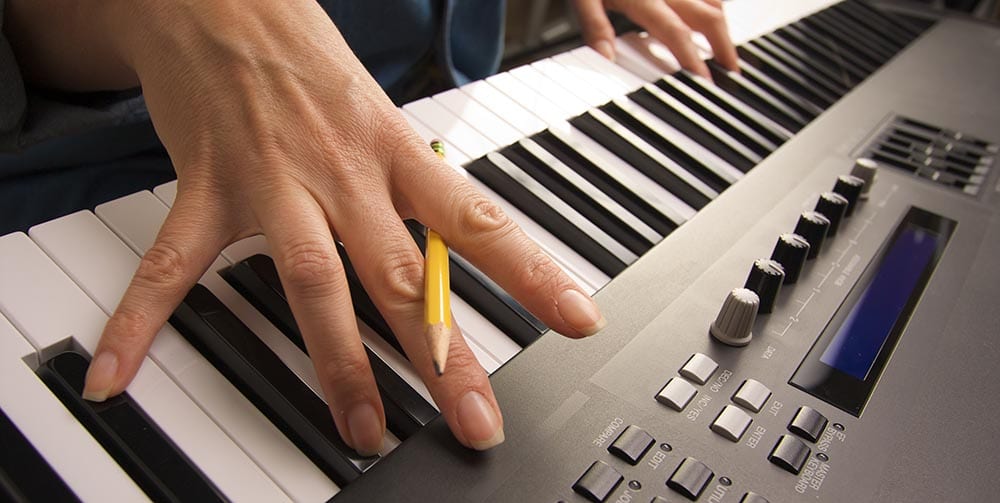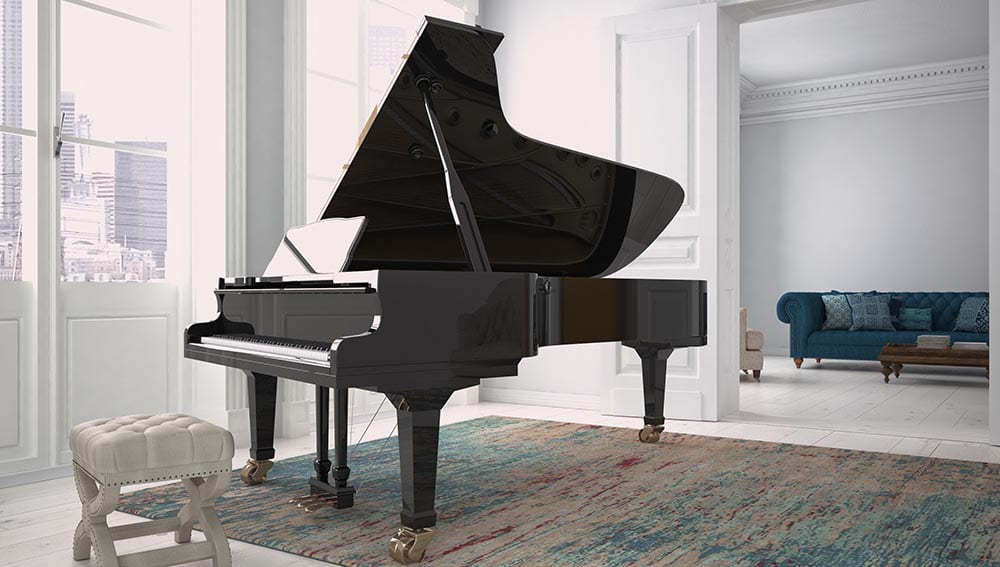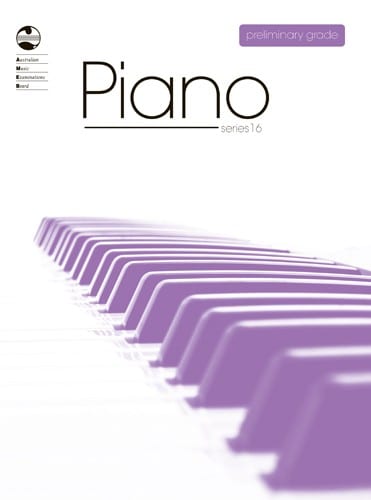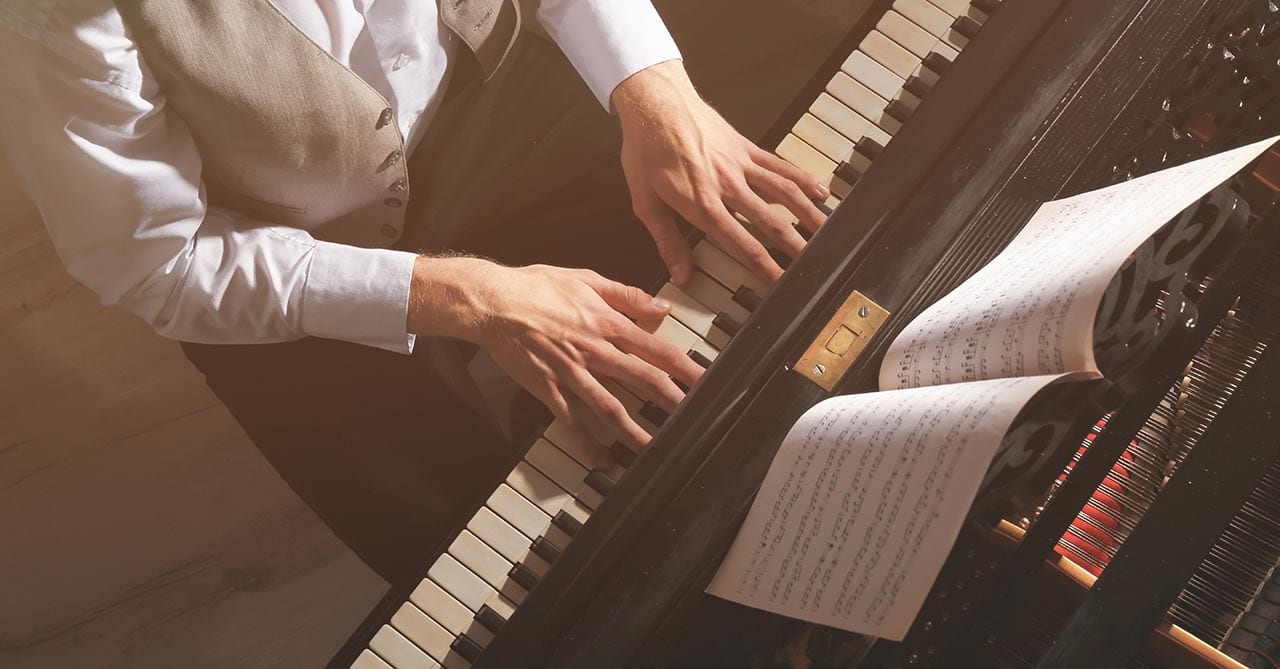The choice between a digital and an acoustic piano can be a tough one. While acoustic instruments are widely regarded as superior to and more “authentic” than their digital counterparts, recent advances in technology have made the competition between the two a close one: if you’re still starting out as a piano player, the slight variations in sound, feel and atmosphere of digital and acoustic pianos can be difficult to detect. But there are other factors to consider when deciding between the two, including the price, volume, functionality, aesthetic appeal, weighting and portability.
Price
The price entry-point is lower for digital pianos, making them a popular choice for beginners and families with children learning piano. For those dedicated to playing piano, investing in an acoustic piano is a fairly stable investment as pianos depreciate very little over time.
Sound
While the sound of the traditional acoustic piano is often regarded as superior by musicians, recent advances in technology make it difficult to differentiate between the two in many cases. A good digital piano can sound exactly the same as an acoustic piano, albeit by different methods. (Though, piano purists may disagree with this idea.)
Volume
Unlike acoustic pianos, the volume on a digital instrument can be adjusted. This makes them a preferable option for families with young children, schools and anyone sharing living space with others.
Other functions
If your sole musical focus is on piano playing, then an acoustic instrument will cover your needs, but if you play as part of a band or ensemble, having the added functions of a digital piano could be worthwhile. Digital pianos often have built-in sounds like violin, drums and replications of other common instrument sounds, depending on the model. They can be very useful for rehearsing and filling in sounds when other ensemble members are absent.
Look
There’s little doubt that acoustic pianos hold higher aesthetic value than digital pianos. Usually made from timber, they bring an old-time elegance to any room they inhabit. In cluttered or small spaces, though, digital pianos are great space-saving alternatives.
Feel
The weighting of the keys in digital pianos has improved so much in recent years that it rivals the feel of the traditional acoustic. However, it’s important to be aware that buying a digital piano with well-weighted keys could boost the price enough to match that of an acoustic, so it’s best to compare prices against the feel of the keys in person at your nearest piano retailer. Every piano and every musician is unique, so we recommend testing out the piano to make sure it matches your playing style.
Portability
Consider whether you’ll need your piano to be portable or not. Will you need to bring it to rehearsals or performances that don’t provide an on-site piano? If so, a good digital version is the way to go.
For more information about acoustic and digital pianos, or to try out our pianos for yourself, visit one of our three Sydney showrooms today.
hk pools
togel online
bento4d
situs togel online
situs togel resmi
situs togel
toto togel
situs slot gacor
toto slot
situs hk
https://desasidetapa.id
toto togel
situs togel
toto togel
situs togel
toto slot
toto slot
https://www.kimiafarmabanten.com/
https://www.kimiafarmabogor.com/
rtp slot
slot gacor
toto slot
slot gacor
rtp slot
situs togel
https://www.kimiafarmalampung.com/
toto togel
slot gacor
https://www.kimiafarmapontianak.com/
https://www.kimiafarmariau.com/
https://www.kimiafarmasurabaya.com/
situs toto
bento4d
penidabet
situs toto togel
situs togel resmi
bo togel
toto slot
penidabet
data hk
bento4d
situs togel
situs toto
toto slot
data hk
toto slot
penidabet
data macau
situs toto
slot gacor
situs toto
https://cabinindo.id/
bo togel
situs slot resmi
bento4d
bento4d
situs togel
situs toto
situs togel
slot gacor
slot gacor
situs toto
situs toto
slot gacor
slot gacor
situs toto
bandar togel
slot gacor
toto slot
situs togel
situs togel
slot gacor
penidabet
slot gacor
rtp slot gacor
situs toto
rtp slot
bento4d
bento4d
situs gacor
bento4d
slot gacor
rtp live
rtp slot
sydney night
slot gacor
situs slot terpercaya
situs togel
toto slot
rtp slot gacor
slot gacor
link slot gacor
situs togel
situs hk
bento4d
bento4d
link slot
situs toto
situs slot gacor
situs toto
toto togel
slot gacor hari ini
slot gacor
slot gacor
slot gacor
bento4d
togel online
bento4d
bandar togel
situs toto
bento4d
situs slot gacor
slot gacor hari ini
link slot
bandar togel
situs slot gacor
situs slot gacor
situs slot gacor
slot gacor hari ini
toto togel
bento4d
bento4d
bento4d
situs slot
bento4d alternatif
data pengeluaran hk
bento4d
desapedawa.id
https://desaparhorboan.id
https://desarintis.id
toto togel
rtp slot
bento4d
situs toto
bento4d
bento4d
bento4d
situs togel
bento4d
bento4d
situs slot
bento4d
situs togel
situs toto
situs slot gacor
slot gacor hari ini
bandar toto togel
bento4d
bandar toto macau
bandar togel
situs toto
bento4d
slot gacor
toto slot
toto slot
situs toto
situs toto
rtp slot
bento4d
bento4d
link slot gacor
bento4d
situs toto
bento4d
situs slot gacor
situs toto
slot gacor
slot gacor hari ini
slot thailand
situs slot gacor
situs togel
toto slot online
bento4d
bento4d
bento4d
situs slot resmi
toto slot
situs toto
situs toto
https://www.dispargianyar.id/
toto slot
slot resmi
pmtoto
pmtoto
bento4d
bento4d
bento4d
bento4d
bento4d
bento4d
bento4d
slot gacor
bandar togel
slot thailand
rtp slot
rtp slot
situs togel
slot gacor
togel online
slot88
slot gacor
slot gacor
slot gacor
slot online
situs toto
slot gacor
bandar togel
slot thailand
situs toto
bento4d
slot thailand
toto togel
toto togel
link alternatif bento4d
situs hk
situs toto
link slot gacor
situs hk
situs toto
situs toto
situs hk
situs togel
rtp slot
rtp slot
rtp slot
rtp slot
situs toto
situs slot gacor
bento4d
bento4d
bento4d
slot gacor
toto togel
bento4d
situs toto
situs togel
bento4d
rtp slot
bento4d
bento4d
bento4d
link alternatif bento4d
rtp slot
toto slot
situs toto
situs hk
situs slot
bento4d
bento4d
bento4d
bento4d
slot gacor
bento4d
link alternatif
bento4d resmi
Daftar Bento4d
slot gacor
slot gacor
toto togel
slot gacor
toto slot
bento4d
link slot
bento4d
slot gacor
slot thailand
link slot
situs toto
slot gacor
situs slot gacor
toto slot
situs toto
slot thailand
situs togel
situs toto
situs hk
slot gacor
slot gacor
toto slot
situs toto
situs toto
situs bola
situs togel
slot gacor
situs toto
situs slot
situs slot
bento4d
slot gacor
toto togel
toto slot
slot gacor
slot gacor
slot gacor
slot gacor
slot resmi
situs toto
slot thailand
slot gacor
slot gacor
slot gacor
situs toto
slot gacor
slot gacor maxwin
slot gacor
slot gacor
link slot
toto slot
bento4d
slot gacor
slot gacor
slot gacor
link slot
situs slot
slot gacor terpercaya
situs slot
slot gacor online
slot gacor
slot gacor
link situs slot
situs slot
slot gacor
situs slot gacor
slot gacor
slot gacor
slot gacor
link situs slot
situs toto
toto slot
link slot
situs toto
bento4d
bento4d
bento4d
slot gacor
toto slot
slot gacor
situs togel
situs togel
bento4d
bento4d
bento4d
slot gacor
situs slot
jacktoto
jacktoto
slot gacor
bento4d
bento4d
bento4d
toto slot
situs toto
link situs slot
bento4d
situs toto
bento4d
situs toto
bento4d
bento4d
slot gacor
situs toto
slot gacor
link slot
link slot
slot gacor
bento4d
bento4d
bento4d
slot gacor
slot gacor
bento4d
toto slot
situs togel
link slot
slot88
bento4d
slot gacor
bento4d
bento4d
bento4d
situs toto
situs toto
situs toto
bento4d
slot88
slot gacor
link slot
situs slot
situs slot gacor
situs slot
situs slot
toto togel
slot gacor
situs toto
situs toto
situs slot
slot gacor
slot gacor hari ini
slot gacor
situs slot
slot online
toto slot
toto togel



 February 23, 2016
February 23, 2016
